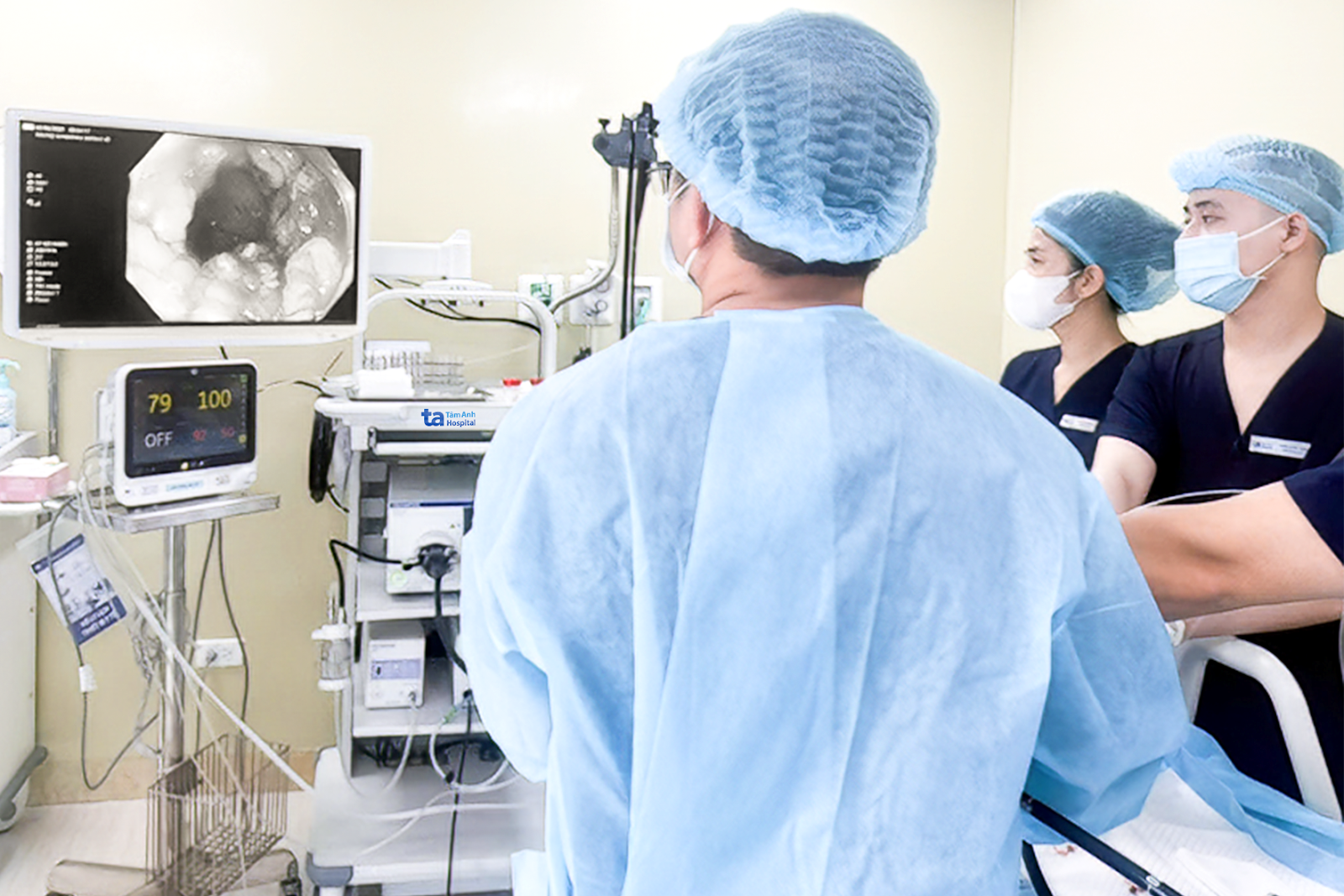A colonoscopy at Tam Anh General Hospital in Ho Chi Minh City revealed hundreds of polyps, ranging from 0.3 to 2 cm in size, primarily located in Minh's rectum and sigmoid colon. Doctor Tran Thanh Binh of the hospital's Center for Endoscopy and Minimally Invasive Digestive Surgery, explained that juvenile polyposis syndrome (JPS) is characterized by the development of numerous polyps (abnormal tissue growths) in the digestive tract. About 75% of cases are inherited, while 25% result from spontaneous gene mutations. The syndrome affects approximately 1 in 100,000 people worldwide. Most polyps are benign, but some larger ones in Minh’s case had progressed to high-grade dysplasia (pre-cancerous stage).
Using a metal snare and endoscopic mucosal resection (EMR), Dr. Binh meticulously removed each polyp to ensure no abnormal cells remained while preserving Minh's digestive tract. The procedure took nearly two hours, 4 to 6 times longer than a typical colonoscopy, due to the sheer number of polyps.
According to Dr. Binh, the extensive number of polyps couldn’t be entirely removed in one session. Consequently, Minh will undergo another procedure in three months, after the initial incisions have healed.
 |
Dr. Binh performing a colonoscopy on Minh. Photo: Tam Anh General Hospital |
Dr. Binh performing a colonoscopy on Minh. Photo: Tam Anh General Hospital
Pre-removal biopsies indicated the polyps were inflammatory and benign. However, biopsies may not fully assess a polyp's nature. Post-removal pathological analysis will guide further treatment. Malignant polyps would necessitate rectal resection, potentially combined with chemotherapy or radiation therapy. Even benign polyps can become cancerous, so regular check-ups are essential for timely detection and intervention.
Colorectal polyps are relatively common, often asymptomatic, and typically discovered during colonoscopies. Individuals at higher risk, such as those over 45, those with a family history of colon cancer, those with inherited colon cancer syndromes, or those with JPS, should undergo regular screenings and colonoscopies.
Anyone experiencing symptoms like rectal bleeding, bloody mucus, tenesmus, persistent constipation, or prolonged abdominal pain should seek immediate medical attention at a reputable facility with adequate diagnostic capabilities.
Quyen Phan
*The patient's name has been changed.
| Readers can submit questions about digestive diseases here for doctors to answer. |












